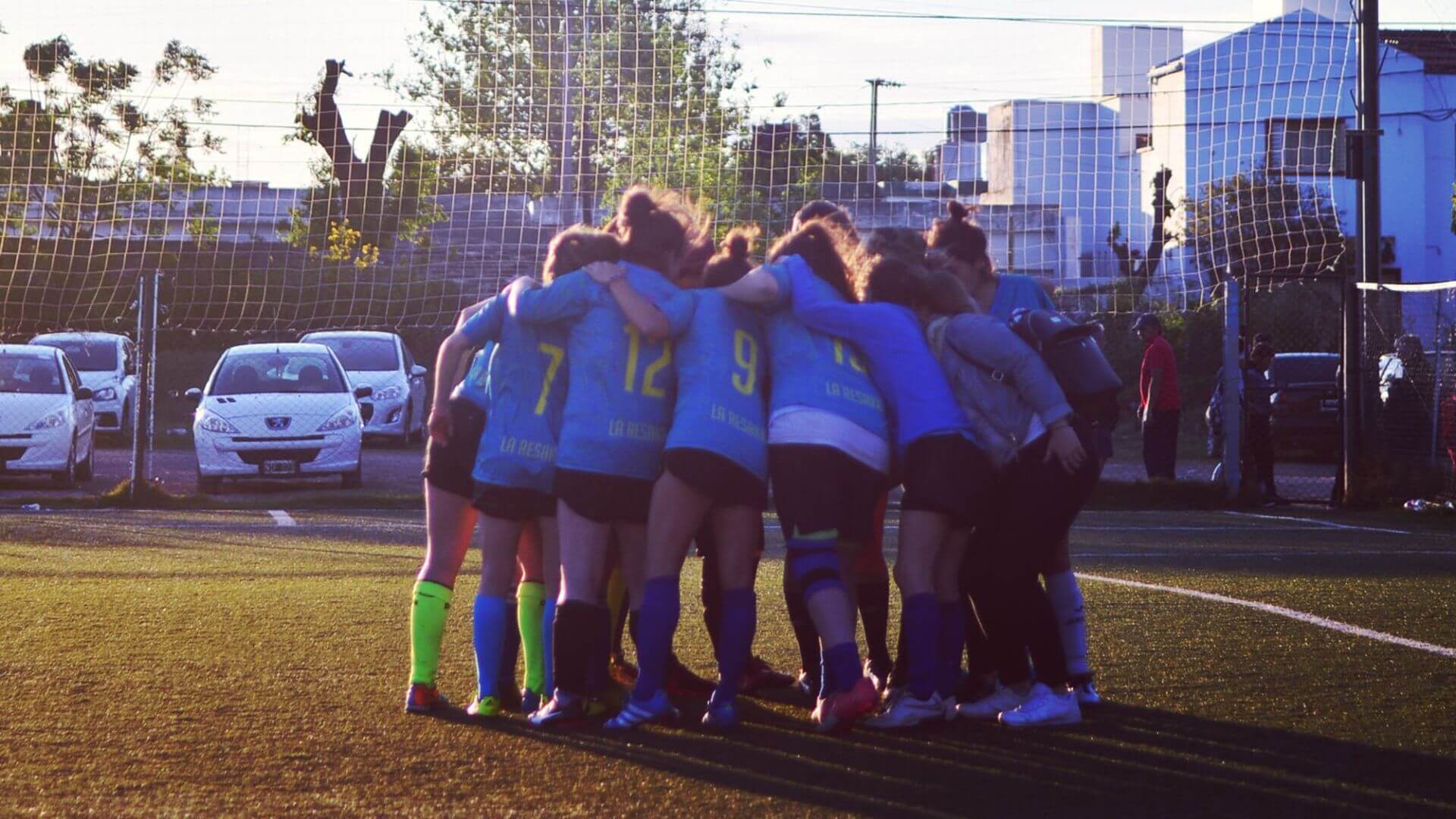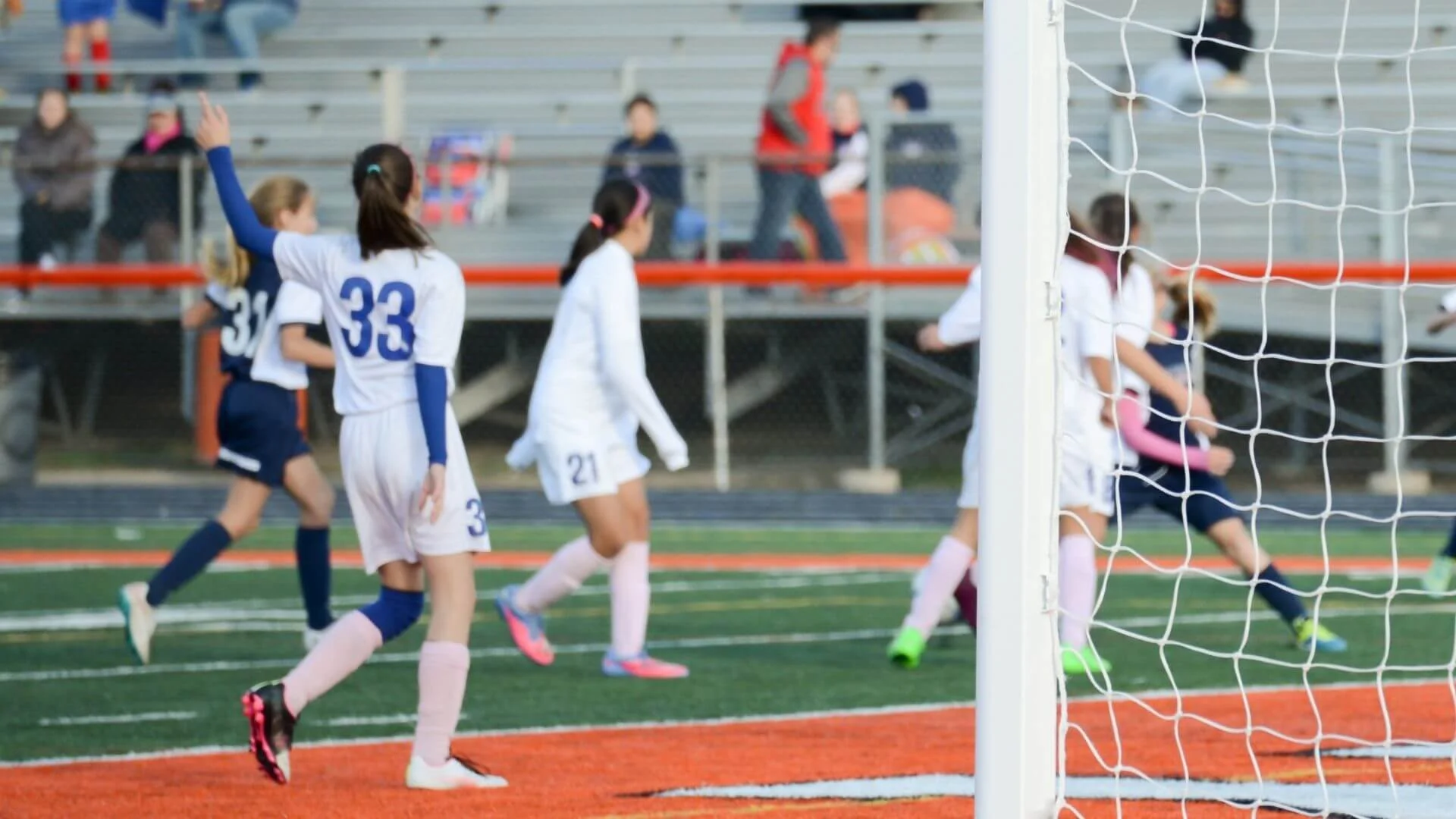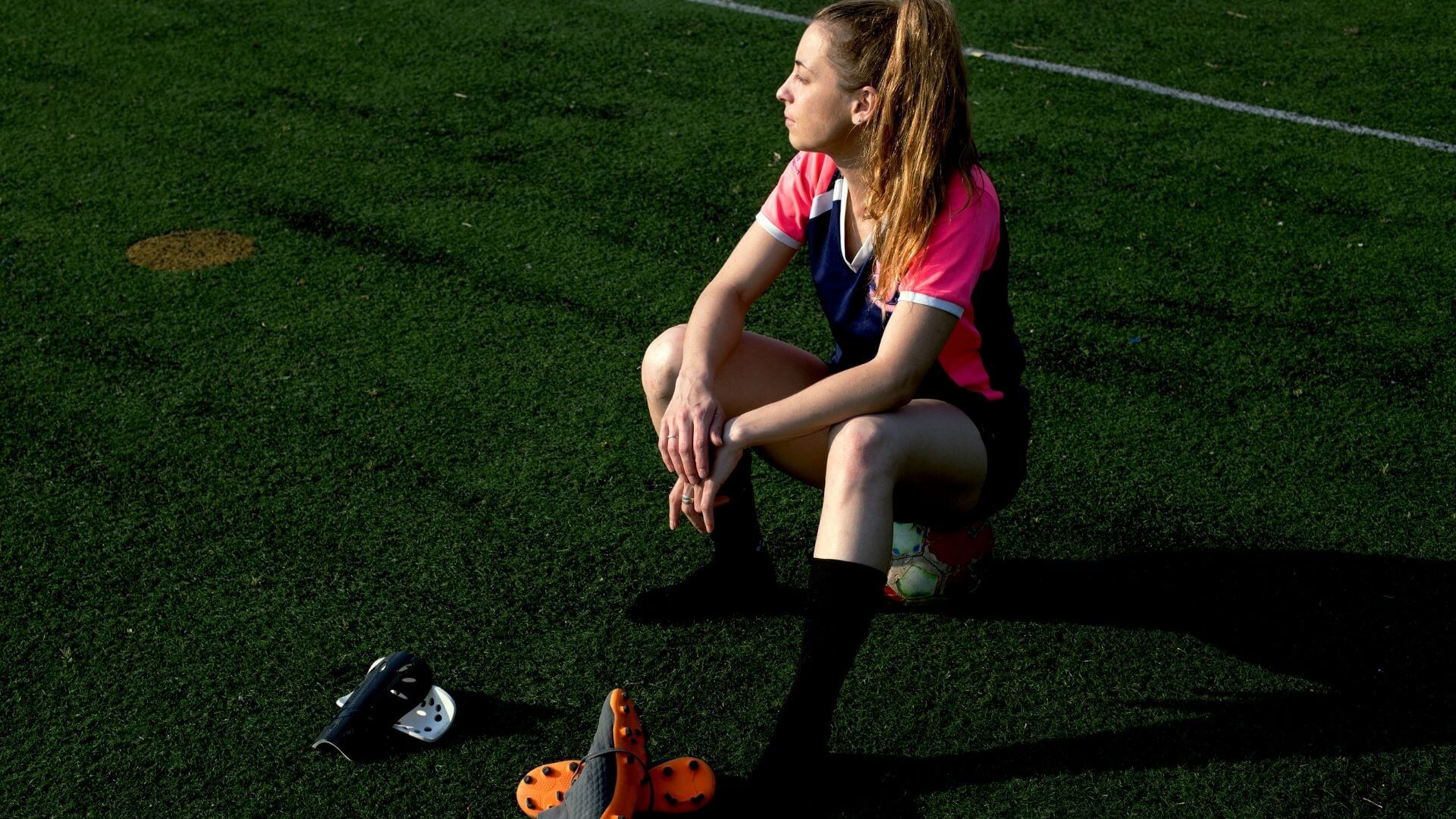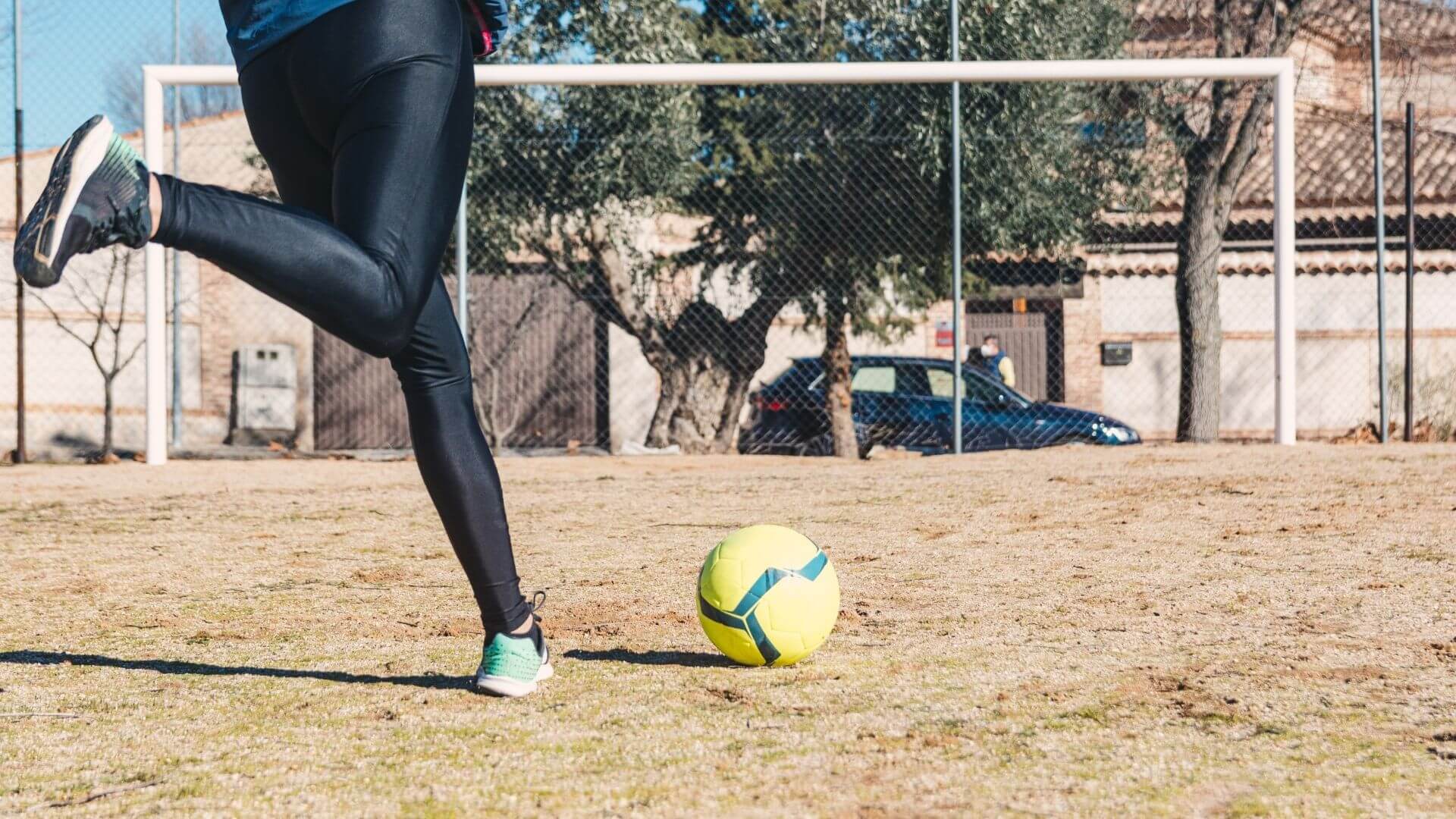Gaining an Edge: Accepting Obstacles and Practicing Resiliency
Welcome to the eighth edition of Gaining an Edge from Expand Your Game! This series empowers Socceristas to own their growth and maximize their potential by expanding mental performance skills, reframing limiting beliefs, and uncovering authentic drive.
Last week we dove into the importance of consistent mental preparation before games for dealing with high-pressure moments. This week we will discuss how to get through those difficult moments in every soccer player’s career: injury, lack of playing time, low confidence, etc. We will talk about how these moments are inevitable if you want to reach the top of your game and what to do when you find yourself in them. Let’s dive in.
The inevitable low points of being an athlete
No matter what sport you play or skill you pursue, there are unavoidable low points that you will face on your journey. While they will look different for every person, know this: these obstacles show up for everyone. It doesn’t matter who you are. You will experience hardship in your pursuit of excellence. And most likely on multiple occasions.
Here’s the good news, though. No matter what is going on, there is always a way forward. It might not look exactly like what you thought it would look like, but it’s there nonetheless. Knowing this can help players grow their resiliency skills and become more mentally tough, helping prepare them with the mindset they need to be elite athletes.
The process of development
At different moments during your soccer career, you’ll find yourself in one of these stages of development:
1: Rainbows & Sunshine: This is a happy, joyful place. You play with a sheer love of the game at this point. You don’t overthink; you just play. Your confidence is high, and mistakes don’t matter because you just recover, keep going, and keep having fun (think recreational soccer, six years old, running around playing bumblebee soccer).
2: Hard Things: This is that difficult place we’ve been talking about. This is when things go downhill. When something hard comes up, or you realize that you are in over your head (think getting to your college soccer team and realizing you’re not the top player anymore). Phase Two is a rut, a pit, a dark place that isn’t fun to be in (think injuries, losing your starting spot, getting cut from a roster). When you experience anything that is self-defeating, including self-criticism, self-doubt, and negative thoughts, you are here.
3: Healthy Striving Mentality: This is when you realize that, yes, things are hard, but you can do this. You can do hard things. Everything is going to be OK, and you can get through this. This is when you begin to develop a healthy striving mentality and choose to believe that you can get through this situation and continue to grow. This stage is growth-mindedness in its raw form. It’s having your own back and standing up for yourself. It’s getting invested in yourself and your development.
4: Peak Performance & Well-being: This is the holy grail of elite performance. This phase is blissful, confident, and peak performance. It’s being in the zone and playing in a flow state. It’s truly enjoying the game and excelling at it. This is where mentally tough, balanced athletes live. In this state of play, mistakes no longer matter. You can recover and keep going (like back in phase one). This is because you have consistent confidence and belief in yourself and your abilities and don’t get thrown off when things happen. You can stay in your optimal performance zone because you have emotional control and can self-regulate.
The obstacle is the way
So guess what? The only way to peak performance and well-being is through the other phases. You cannot skip them. That is because peak performance and well-being are only possible through the hardships that the process of development brings on. The hardships that helped you build the mental toughness necessary to make you an athlete that can play at that level.
Here’s the big takeaway from this whole thing: it may seem like you’re going backward when facing challenges and obstacles, but you’re actually going forwards. You are going forwards because you have to get through them to reach the top of your game.
Learning to coach yourself through difficult situations is a necessity if you want to reach peak performance. You are the only one who can do this for yourself. And how do you learn to coach yourself? Start here:
- Get self-aware, then reflect and reframe.
- Growth-minded action – build mental toughness by making mental fitness a priority.
- CHOOSE to believe. Have your own back, and stand up for yourself. Get invested in your development.
The above are all parts of mental skills training. Mental skills training is the key to gaining an edge and leveling up your soccer game. You can train as much as you want physically, technically, and tactically, but without the missing piece of mental skills training, you won’t be as good as you could be. Here are some of the pieces of mental skills training that we have touched on so far in this series:
- Maintaining focus & composure in any situation
- Positive self-talk toolkit
- Process goals and controllable objectives
Up next:
Follow Girls Soccer Network, so you don’t miss the next edition of Gaining an Edge. Next time we will talk about the art of choosing to believe. We will explore limiting beliefs: what they are, and where they come from, plus dive into what role external validation plays in the lack of confidence among soccer players. Players can choose to believe in themselves rather than choose to doubt. Internal validation is a choice.
‘Til next time,
Jenn Ireland, Mental Skills Coach + Founder of Expand Your Game
Gaining an Edge is a ten-part series from Expand Your Game’s Mindset Mastery Academy, a transformative 1-on-1 mental skills mentorship experience for female soccer players.
Featured image via Adobe Stock Images
_
GIRLS SOCCER NETWORK: YOUR SOURCE FOR GIRLS SOCCER NEWS











